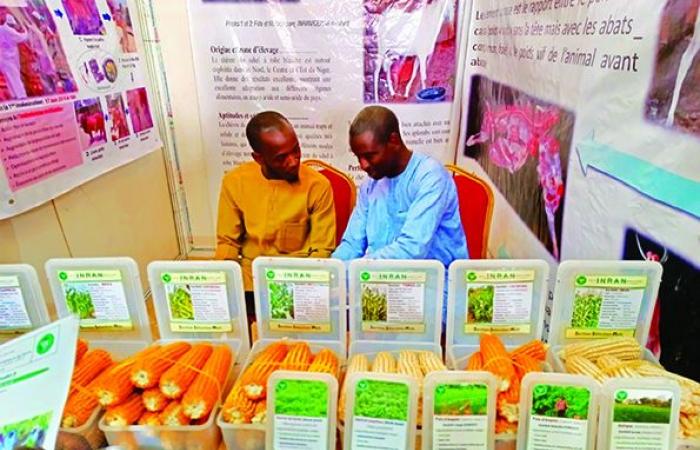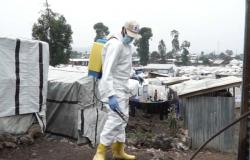
Share to networks
The Permanent Secretariat of the National Council for Agricultural Research (SP/CNRA) organized, from March 8 to 9, 2024, the 4th edition of the Agricultural Research Day which was chaired by the Minister of Agriculture and Breeding, Colonel Elh Mahaman Ousmane, representing Prime Minister Ali Mahaman Lamine Zeine, President of the CNRA. This year, the edition was placed under the theme: “Agronomic Research, engine of agricultural transformation and sustainable development: what contribution to the achievement of food sovereignty in Niger?” “.
Agricultural Research Day is an activity to promote research results in Niger. It has become an annual meeting allowing us to appreciate the progress made by research and training structures in terms of innovations and generation of technologies.
Colonel Elh Mahaman Ousmane stressed that there will be no real independence without sustainable food sovereignty. He praised the courage and resilience of the Nigerien populations following the illegal sanctions imposed on them by regional communities for more than seven (7) months. He subsequently insisted on the need to rebuild Nigerien Agriculture in order to make the agricultural sector more dynamic, creating jobs, open to regional and international markets and which guarantees the production of basic foodstuffs in order to cover the food and nutritional needs of the population.
At this 4th edition, more than 16 exhibition stands allowed nearly five hundred (500) guests who took part in this major event in Niger’s agricultural research to appreciate the results of the research.
A total of twenty-four (24) communications were presented to participants on various themes relating to varietal selection, plant protection, soil and water fertility management, animal and fish production, beekeeping, the processing of agricultural products and the agroeconomy. These various communications made it possible to highlight the importance and contribution of agronomic research in the search for ways and means to achieve food sovereignty in Niger.
Thus, we will remember from these presentations that agronomic research in Niger has generated technologies which have made it possible to boost agro-sylvo-pastoral and fisheries production. However, to achieve the sustainable development goals linked to agriculture, it is essential to continue investing in agricultural research, strengthen partnerships with actors in the agricultural sector, promote the dissemination of agricultural knowledge and technologies to farmers and develop research programs that create synergy between institutions.
Rahila Tagou (ONEP)





